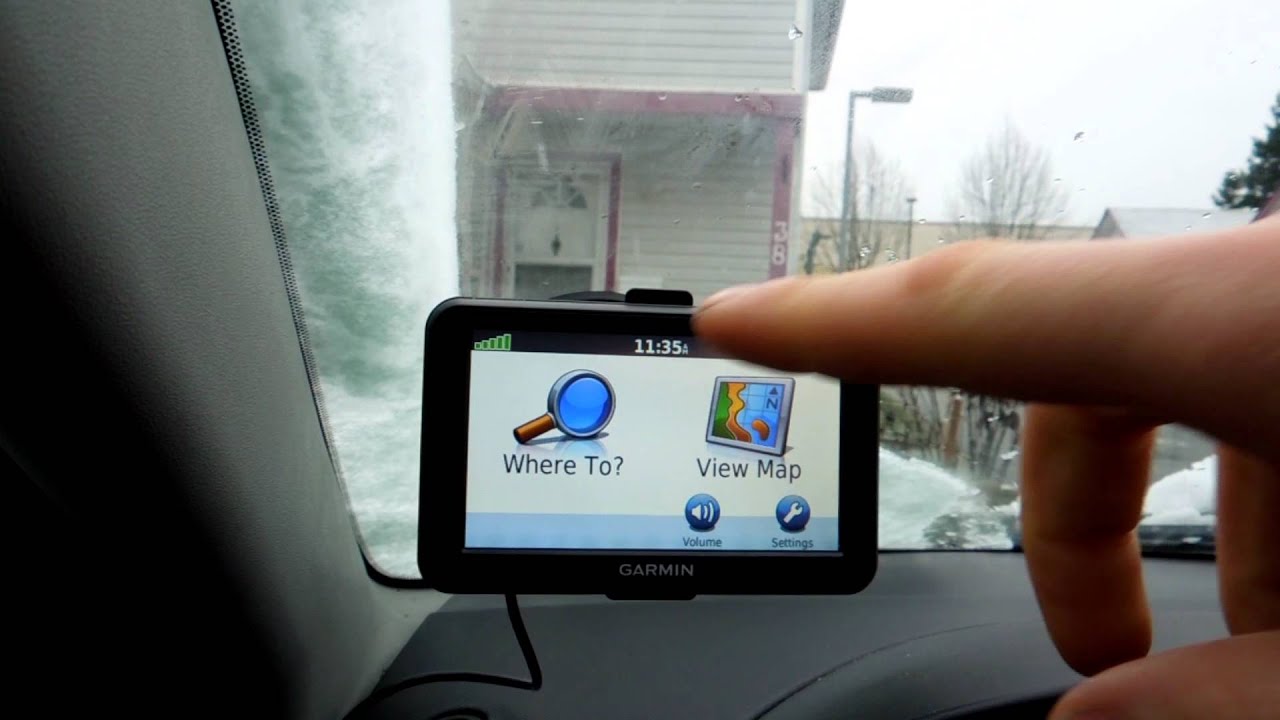Land License Required
August 15, 2020
For Medicinal Purposes, Is It Better To Eat Or Smoke Marijuana?
October 19, 2020
Ladies to Watch in the High Tech Industry
January 28, 2021
Car Equipment and Tools For The Automotive Industry
August 15, 2020
How to Withdraw Your Winnings from Reddy Anna Book Safely
April 13, 2024



















